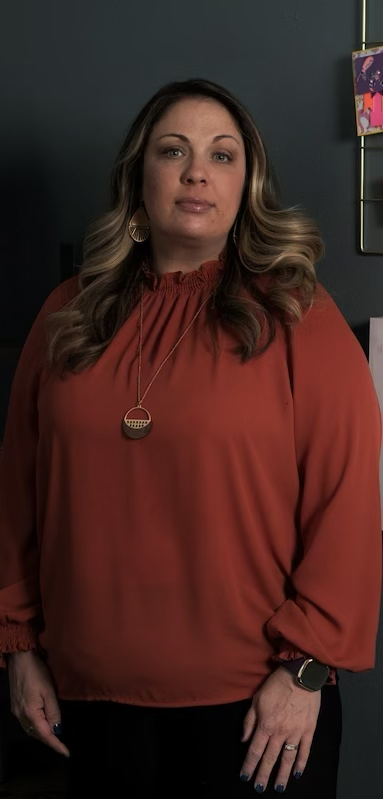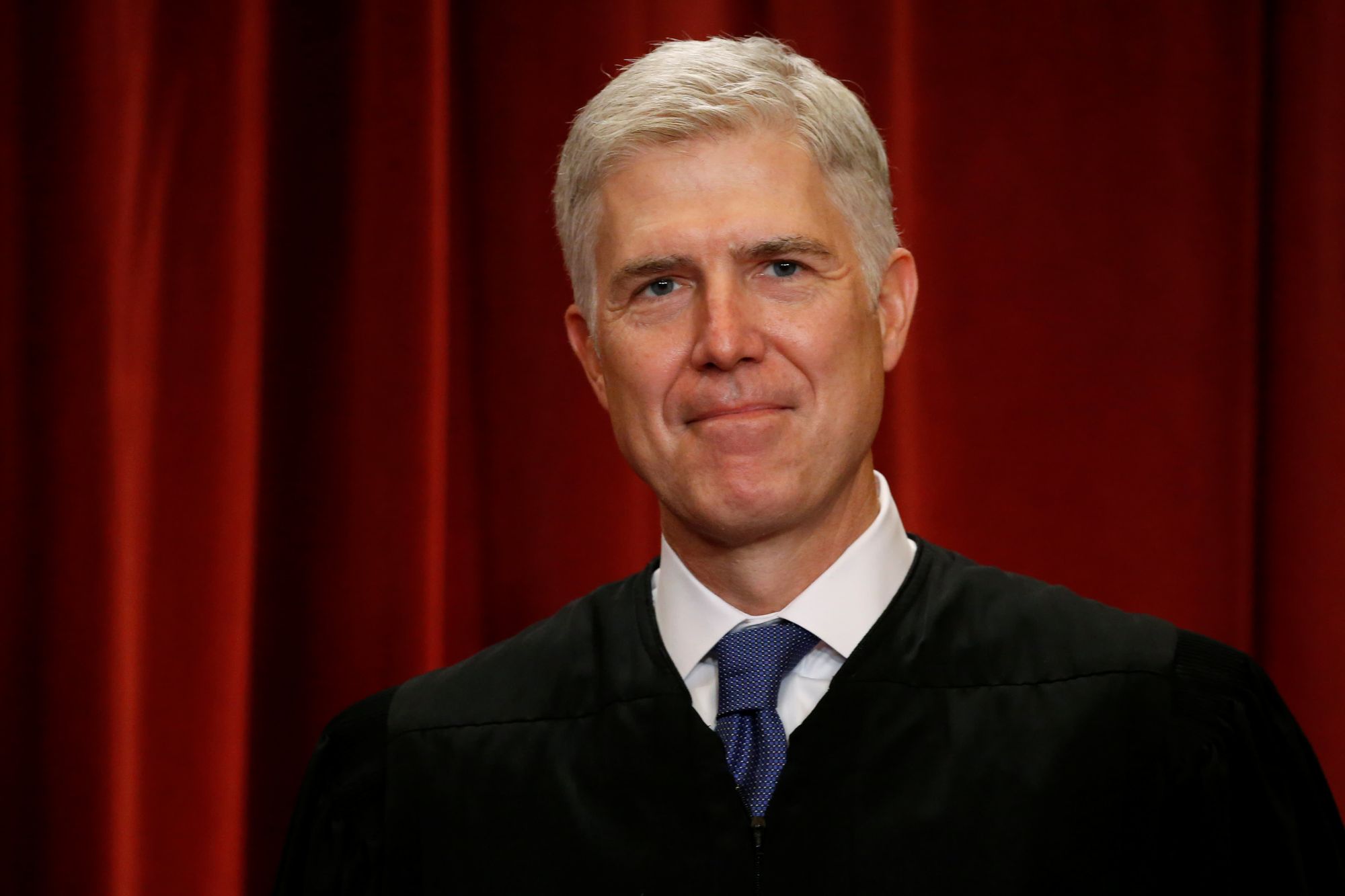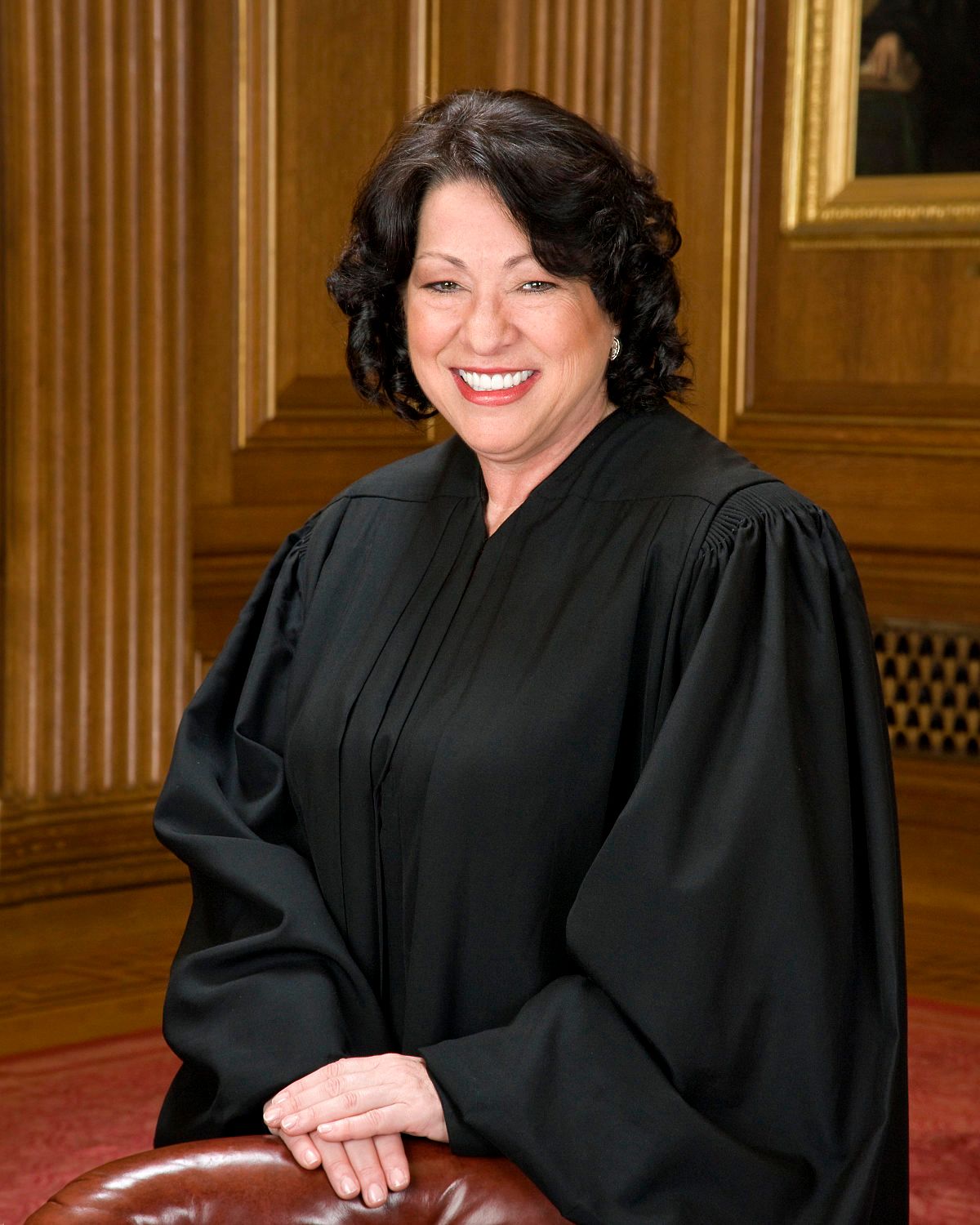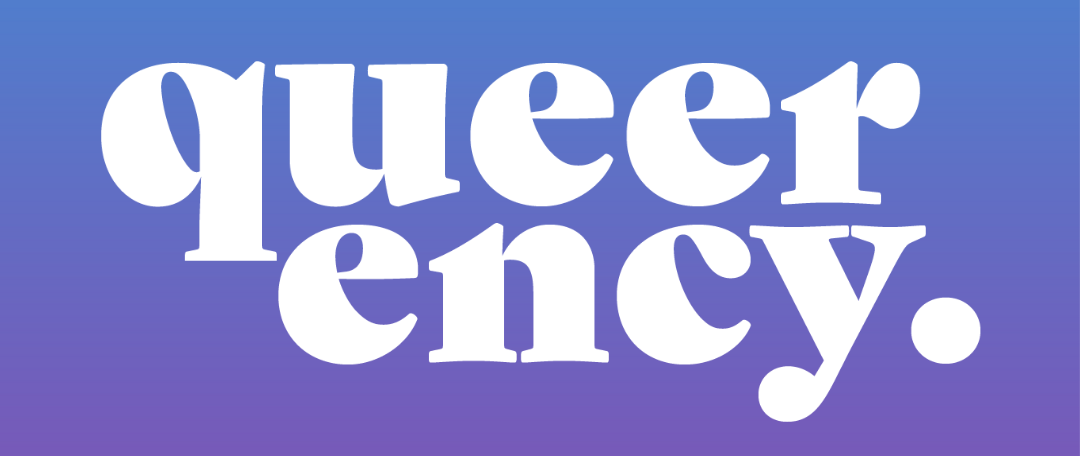The Tea:
In a landmark decision, the U.S. Supreme Court has ruled to allow businesses to discriminate against LGBTQ+ customers.
The Background:


303 Creative v Elenis is a case brought by Lorie Smith, an evangelical Christian website designer in Colorado and is backed by the ADF, which is the same right-wing group that is behind the overturning of Roe v. Wade, the monstrous anti-gay laws in Uganda, a case in Tennessee that would allow an adoption agency to reject Jewish parents, and more. They’ve been designated a hate group by the Southern Poverty Law Center.
The Opinion:

Colorado seeks to force an individual to speak in ways that align with its views but defy her conscience about a matter of major significance…As surely as Ms. Smith seeks to engage in protected First Amendment speech, Colorado seeks to compel speech Ms. Smith does not wish to provide.” –Justice Neil Gorsuch

The Dissent:
“Today, the Court, for the first time in its history, grants a business open to the public a constitutional right to refuse to serve members of a protected class.” –Justice Sonia Sotomayor
The Impact:
Smith’s business, 303 Creative, is challenging a Colorado law that prohibits businesses from discriminating against LGBTQ customers. Smith, a Christian, has argued she should not be forced to design wedding websites for LGBTQ couples.
With its ruling, the court will shape whether American businesses can legally deny service to LGBTQ people under the First Amendment. This will allow a range of businesses to be able to discriminate against customers, refusing to serve Black, Jewish or Muslim customers, interracial or interfaith couples or immigrants.




